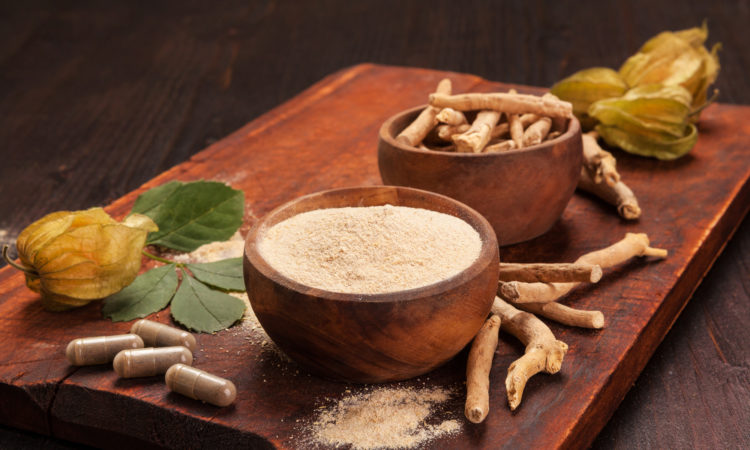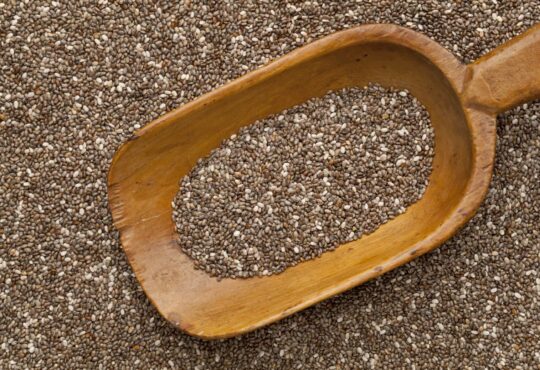
How many healthy plants grow in India?
We already know it’s home to amla, turmeric, and moringa.
What about the “odor of horse?”
That the English translation of the Sanskrit word “ashwagandha,” another highly popular herb from the Indian subcontinent. It’s also known as “Indian ginseng.”
In the Indian system of Ayurvedic medicine, ashwagandha is classified as “Rasayana.” That means it supposedly promotes mental and physical youth – and happiness.
Sounds good, so far.
As usual, people who sell it claim many different benefits for it.
People Today Are Taking Ashwagandha for Two Main Reasons
- Its alleged ability to raise testosterone levels in men.
- Its alleged ability to reduce stress, relieve anxiety and promote healthier sleep.
“Raises Testosterone Levels” is a Huge Red Flag for Me.
If you’re a man over 30, your chances of having a low level of testosterone are one out of four – and, of course, your odds of being deficient in this sex hormone go up with age.
The health problems associated with low testosterone are real.
So, testosterone is important. That’s why many herbs and supplements are promoted as “testosterone boosters,” but the science is limited.
Chronic stress lowers testosterone (true). Relieve chronic stress, and you get more testosterone.
That makes some sense, but you can say the same about sleeping soundly 8 hours per night, meditating, practicing yoga, taking long walks, listening to soothing music, getting a massage, and everything else that lowers chronic stress.
But Ashwagandha Must Do Something Beneficial for Your Health, Right?
Indian doctors have used it for an estimated 3,000 years.
Studies have shown it does reduce cortisol, the stress hormone.
One study has shown it reduced levels of stress, according to how the study subjects completed a questionnaire.
Another study tested ashwagandha on 150 people in their 30s with sleep disorders. After six weeks of taking ashwagandha. 72% of the people reported sleeping better. Interestingly, 29% of the control group also reported getting better sleep even though they took only a capsule of inert ingredients.
A study of older people with sleep issues also found ashwagandha helped them after taking it for six weeks.
Frankly, I’m skeptical of self-reported improvements in stress and sleep because that’s so subjective.
I’d be a lot more convinced if the subjects spent the night in some kind of sleep laboratory, but that’s a huge practical challenge.
But some apps on phones do monitor your length and quality of sleep. Subjects all using their phones to monitor their brain waves during sleep would be a lot more convincing.
Still, if someone needs help sleeping or dealing with stress, it is ideal to have an option other than a Big Pharma pill that causes side affects. Sleeping pills interfere with the quality of sleep.
Side Effects and Cautions
Do not take ashwagandha if you’re pregnant or nursing. There are claims it can cause miscarriages.
Known side effects include diarrhea, nausea, and vomiting – especially at higher doses.
It can also cause skin problems.
Be careful if you’re taking any prescription drugs or other herbs with it.
It can cause sudden sleepiness.
There is evidence to suggest that the body adapts to it in the long-term. Therefore, it’s not a good idea to take it on a daily basis for more than a few weeks or months. It’s not a vitamin.
It has been suggested by experts to use this herb cautiously, taking it only when it is really needed.
But don’t develop an ongoing dependence on it. See a professional on learning behavioral ways to deal with anxiety. And check out how to improve the length and quality of sleep.
Dosages
The studies have used 120 mg to 600 mg per day. Individuals start with a lower dose, then move up slowly. Remember that the body does seem to develop a tolerance for ashwagandha.
https://www.youtube.com/watch?v=I3GiMfskAqU
https://www.youtube.com/watch?v=48rsWhrrgDA
https://supplementclarity.com/ashwagandha-insomnia-review-can-it-help-you-sleep-better-research-and-evidence/
https://www.youtube.com/watch?v=U2UFcLqkQCM
https://www.youtube.com/watch?v=AppwY3pJJUA
https://articles.mercola.com/herbs-spices/ashwagandha.aspx
https://articles.mercola.com/sites/articles/archive/2016/06/13/ashwagandha-medicinal-uses.aspx
https://www.ncbi.nlm.nih.gov/pmc/articles/PMC6240259/
https://en.wikipedia.org/wiki/Adaptogen
https://www.scientificamerican.com/article/the-hard-truth-about-the-rhino-horn-aphrodisiac-market/#:~:text=%E2%80%9CIt%20was%20never%20used%20for,makes%20up%20hair%20and%20nails.







